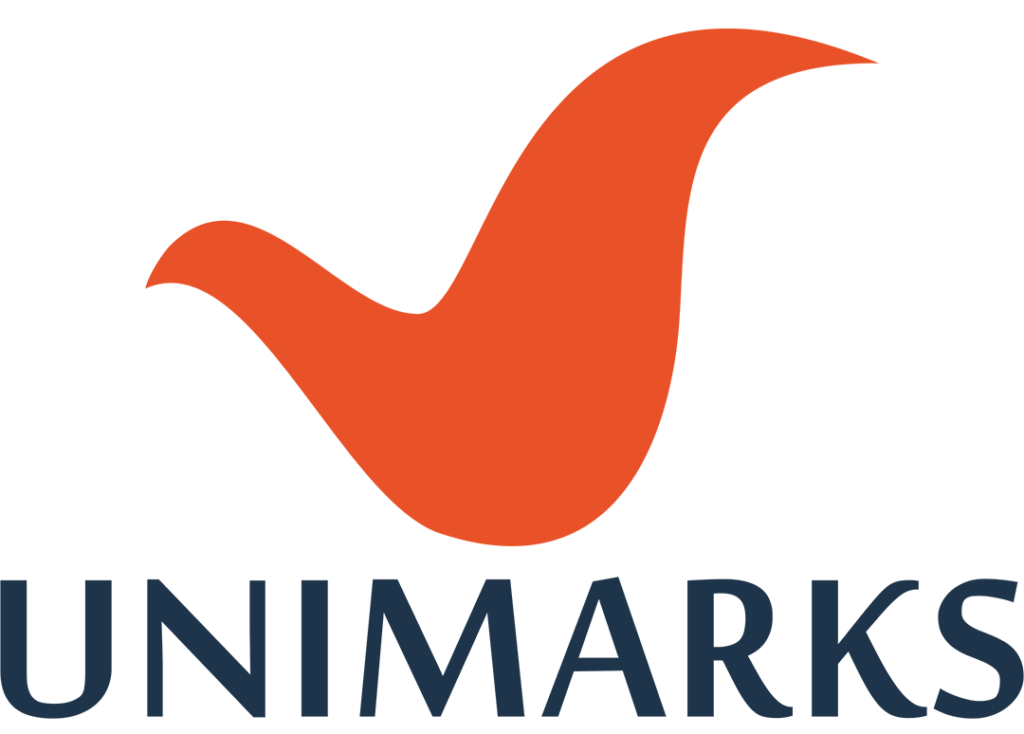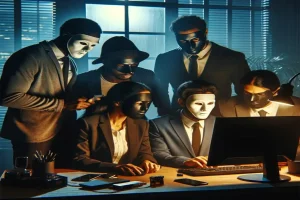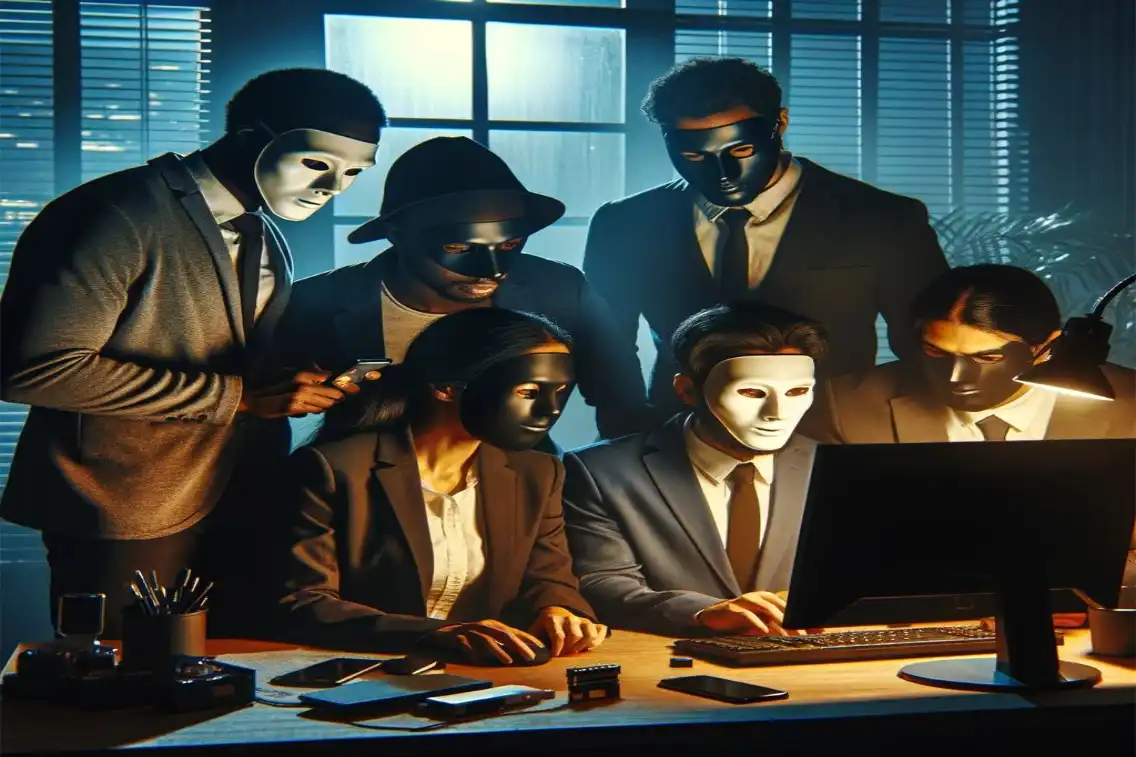If you are aware of how copyright works, then you would probably know that copyrights have a broader spectrum than any other IP Right. Anything you draw, think of or picture it in your mind, if you can deduce it into a tangible medium, then yes, you won it. But can you actually claim ownership over the entire part of the work or just a few elements? This is something you will know at the end of this article.
Now when you write an article, as an author of the article, you own the copyright of the work, and anyone using your work without permission or giving due credits to you will constitute the act of plagiarism. Similarly, your drawings, videos, sound recording, etc., cannot be used without your permission. There are certain exceptions to copyright subject matter, and we will be dealing with those exceptions in this Article.
Title or Names:
There exists no copyright in the title or name of the work, as there involves no originality, creativity, or a reasonable amount of hard work in the title or name formation. In the case of E.M.Foster v. A.N. Parasuram, the court took a clear stand that “there is no copyright in the title of the work”.
The principle was made clear by the explanation given in the case of R.Radhakrishnan vs. A.N. Murugadoss, where the Court explained that title does not involve literary composition and is not sufficiently substantial to justify claiming protection.
Ideas:
Well-established and backed up by numerous case laws and judgements, it is a settled principle that there can be no protection given to ideas that are not presented or reduced in a tangible medium.
Slogans or sequences:
Slogans and sequences are a mere combination of letters, numbers, and algorithms. There is no required amount of creativity or originality in them and hence lacks protection under the Copyright Act, 1957.
Commonly known information:
Commonly known information is information that which are common to the public or has been in usage for a very long time now. There are basically common properties, and no one can claim ownership over the public property. That is why many ISO pictures, when uploaded on the website, cannot be subject to copyright.
Choreographic works:
Unless and until one doesn’t transcript their work into a tangible form, any sort of choreographic work cannot be a subject matter of copyright.
Methods or systems:
The collection of emails of the visitors in the website portal cannot be considered as a copyrightable subject matter. Similarly, a technical database derived from the rules, or dictated by technical considerations, cannot be considered as a creative matter to get protection under the Act. This was explained in the cases of Infopaq International A/s v. Danske Dagbladesh Forening and Tech plus Media v. Jyoti Janda.
Judgements:
Judgements passed in the court cannot be a copyrightable subject matter. Therefore, any person can reproduce or publish themselves, without worrying about infringement unless such infringement is prohibited by the judicial authority. This was held by the Court in the case of Eastern Book Company and Ors vs. D.B.Modak.
Further, the provisions under Section 52(1) – the doctrine of fair dealing provides an exception to use any work for education or research purpose.
Therefore, any work that is not original, in a tangible format, distinguished, and in the public domain not exhibiting a reasonable amount of
- Creativity
- Hard work
Skill and labor cannot be considered to be the copyrightable subject matter.







